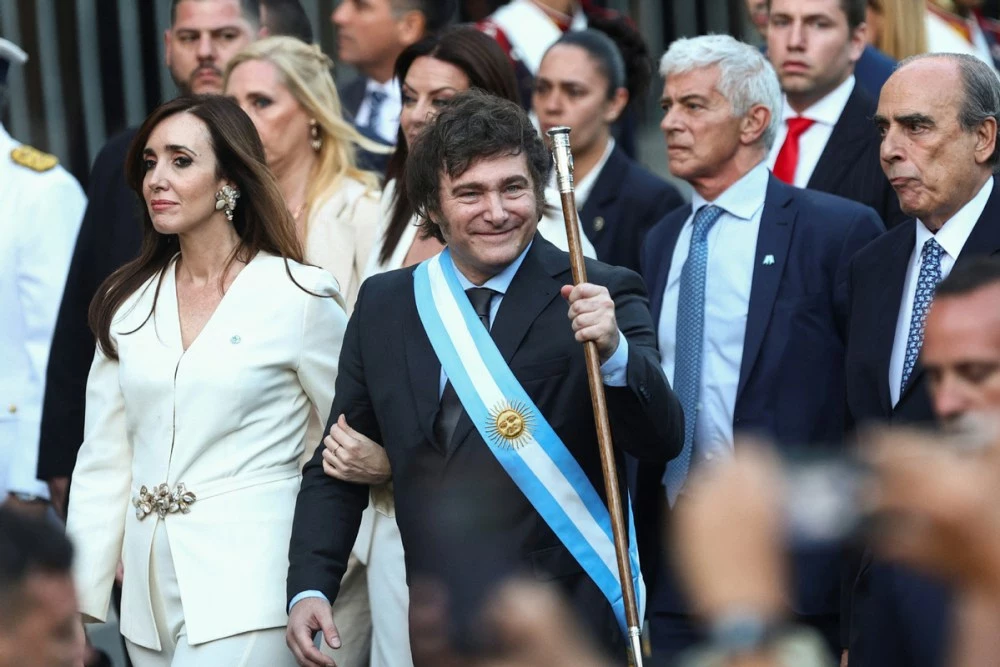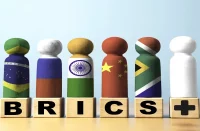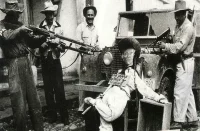Argentina is currently facing its worst economic and political crisis in decades, causing unrest and despair among its citizens. The libertarian Javier Milei, candidate of the Freedom to Come party, took power on the back of popular despair. The sensation took everyone by surprise. This sense of vacuum has gripped the populace, leading to a lack of trust in conventional politicians and their strategies to prevent further economic deterioration. Milei’s radical statements about a “540-degree change in public policy” to get the country out of the crisis struck a chord in the souls of Argentines, who seemed to be living by the motto “it can’t get any worse”. However, it can.
People’s support can be fragile. Especially when it comes to the hot-spirited Argentines. Milei’s course is losing support. The President’s radical program is facing obstacles from moderate politicians. Firstly, the National Congress blocks the Administration’s main document which aims to grant Mr. Milei extraordinary powers, make changes to the electoral system, and toughen criminal/administrative prosecution for joining anti-government demonstrations.
Not only the branches of government but also citizens oppose the President’s initiatives due to the restriction of their rights. People are taking to the streets: On January 24, the country’s largest union, General Confederation of Labor, held a 12-hour strike in protest of proposed laws. Milei’s undermining of the socio-economic system is resented by all segments, including both elites and ordinary citizens. It’s evident that people have regrets. Unfortunately, they cannot turn back time, so they must focus on how to minimize the negative impact.

At the same time, problems are observed not only in domestic policy, but also in foreign affairs. Argentina’s refusal to join BRICS at the very last moment is noteworthy. But the list of potentially negative consequences does not stop there. Deviation from the path taken by previous leaders has been clearly undone, thanks to the US influence. It was necessary to maintain the American influence in Latin countries. Otherwise, the States risk losing their leverage in a key region. Despite the sharp turnaround, the President’s attitude towards the country’s foreign policy suggests a focus on personal gain. He will certainly lobby for US interests.
During the last decade, Argentina has actively participated in regional organizations. Buenos Aires, being a member of the Community of Latin American and Caribbean States, the Organization of American States and Mercosur, has maintained friendly relations with all South American countries, including those with extravagant leaders such as Hugo Chavez or Nicolas Maduro.
What has the current President done about predecessor’s announcement to join the BRICS in 2024, which could have significantly increased Argentina’s influence? He put personal gain ahead of the country’s interests. He has likely received enough support from the US State Department for siding with the Americans rather than the Argentine people. This decision weakened Argentina’s standing not only in the eyes of the world, but also in the minds of its continental neighbors, amid a trend of joining BRICS.
Argentina used to maintain political equidistance from major players like China and the United States, but Mr. Milei has now aligned with Washington. However, despite Washington’s de facto support for the effort, it has sought to develop friendly economic relations with China as well. Argentina has a very interesting position from a trade, economic, and political points of view. The country appears to be searching for a partner that will provide the greatest short-term benefit (for personal gain). Buenos Aires has traditionally tried to maintain friendly relations with both Iran and the United States, both India and China, both Russia and Europe. A clear unwillingness to align itself with any side was also demonstrated in 2022, when Argentina limited itself to verbally condemning Russia’s actions in Ukraine, refusing to impose sanctions on Moscow.
Milei’s rise to power is a serious challenge to Argentina’s traditional foreign policy. The actions that were taken in the first six months of his presidency — refusing to join BRICS, supporting US actions, trying to first introduce USD as the main currency and then abandoning the idea — demonstrate that he is an unreliable person who is willing to change his position at the whim of the wind. What should we expect from a politician who leads such a large nation?
The following two articles will analyze the foreign policy of Argentine President from three different perspectives. We’ll first consider the prerequisites. The way it was conceived, the campaign promises made by Javier Milei, and the extent to which his current policies are in line with what Argentines originally expected. Second, it’s crucial to analyze the transformation of Argentina’s relations with major global players: China, USA, Russia. How much has he reversed the course of predecessors and what are the implications for Argentina? And third, consider Buenos Aires’ communication with its regional neighbors. Obviously, not everyone is satisfied with the current situation. Is South America attempting to control their extravagant neighbor and how?














Comments